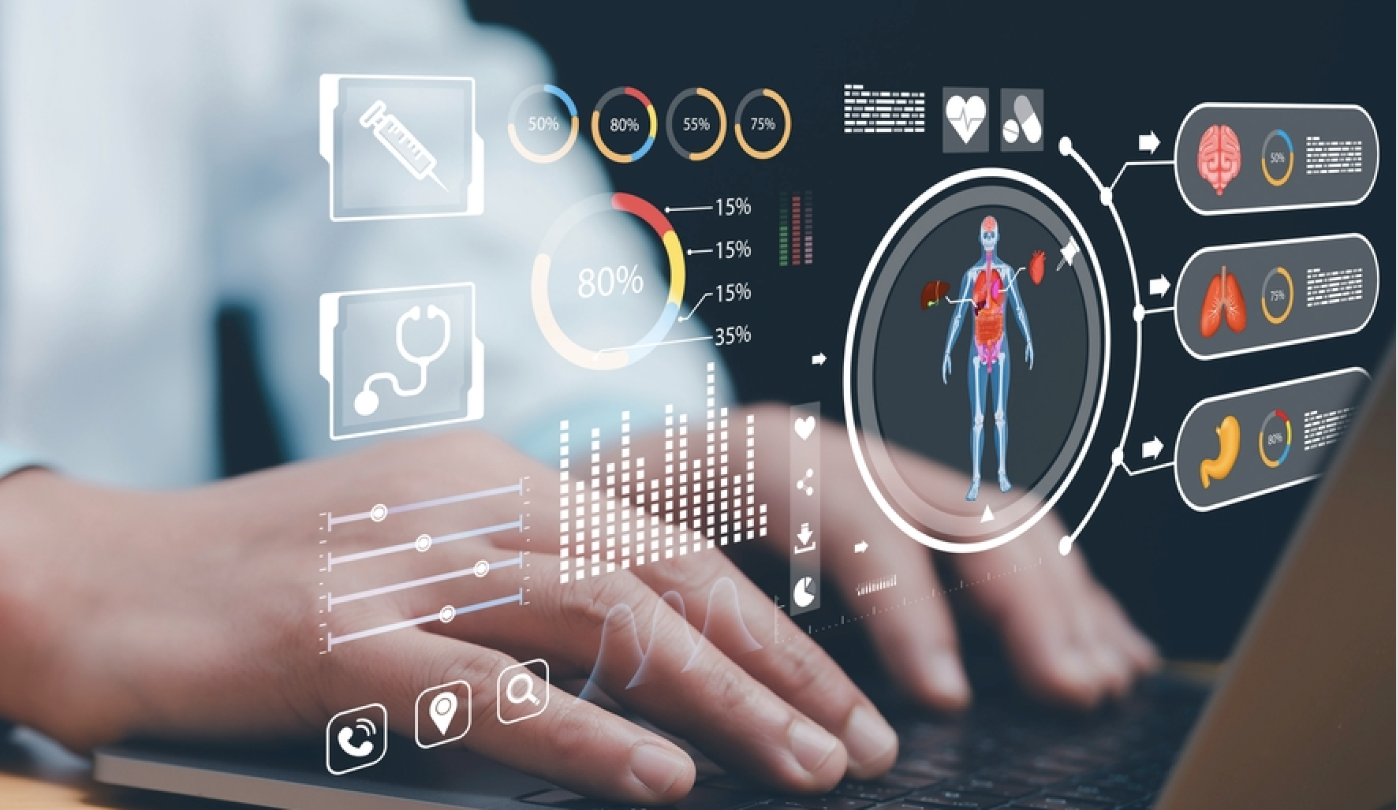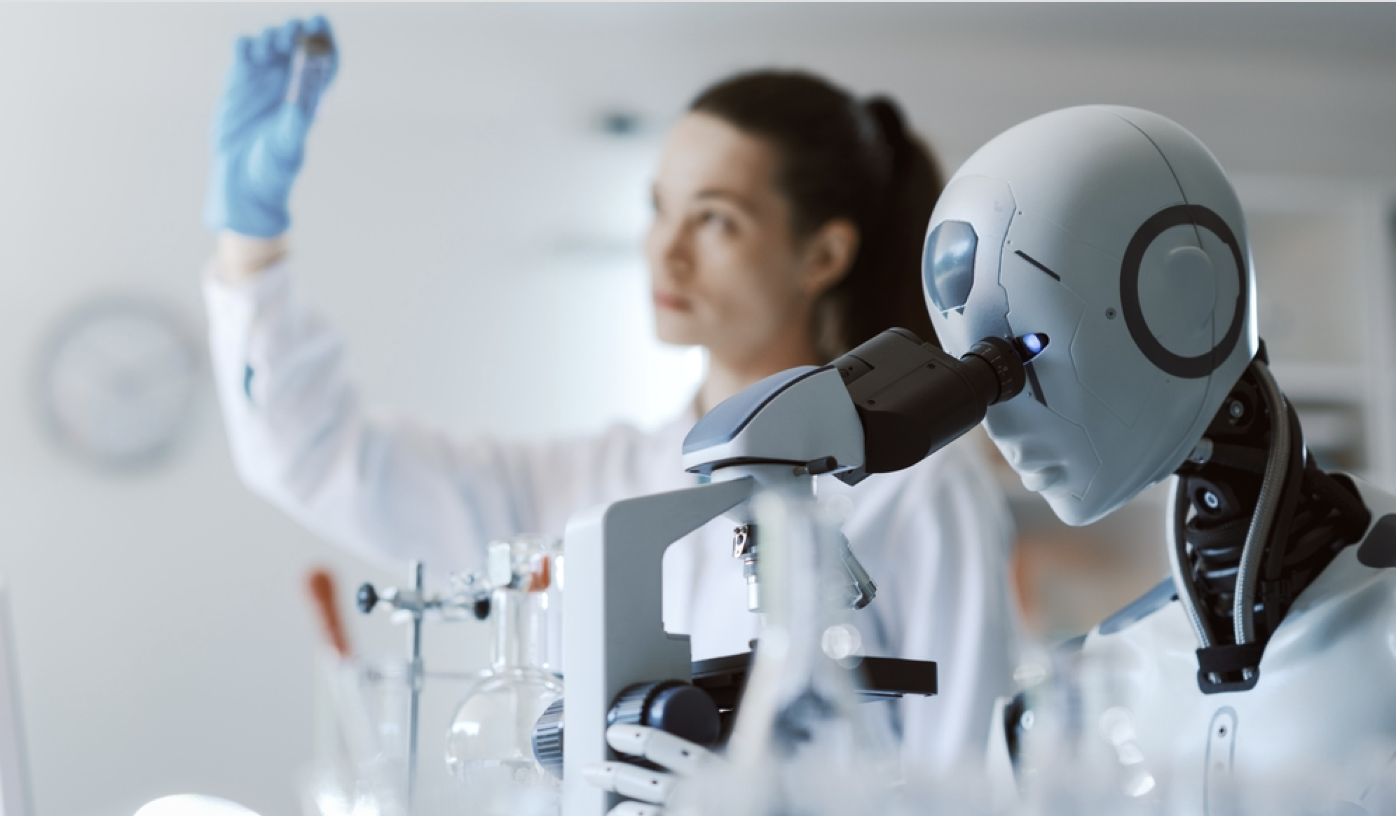


ATHENS - In-silico medicine (ISM), an emergent scientific and technological domain based on clinically oriented multiscale biomodeling, appears to be on the cutting edge of medical science. The translation of mathematical and computational biological science to clinical practice through the massive exploitation of information technology and artificial intelligence (AI) is expected to significantly improve the effectiveness of treatment in the future, since reliable computer predictions could suggest the optimal treatments for each separate case.

Research Prof Georgios S. Stamatakos in Saarbrücken, Germany in 2019 while collaborating with Prof Νorbert Graf, Medical School, University of Saarland.
The Yuan: As a researcher, how and why were you led to the creation of a new scientific domain, that of in-silico medicine?
Georgios S. Stamatakos: Prompted by the great quantitative discoveries in biology and other physical sciences made before 2000, as well as by the tremendous unmet needs of medicine, I felt it was high time for medicine itself to be metamorphosed into an exact quantitative scientific discipline with parsimonious overarching mathematical principles, methods, models and in-silico simulations - in other words, simulations on the computer - pretty much like conventional physics.
Such an approach would have been directly applicable to the natural phenomena involving the living matter of patients before, during and after medical interventions. The development and the personalized parametrization of medical simulators - digital twins - such as the proposed oncosimulator,1 which would have been based on the previously mentioned conceptual and algorithmic components,
The content herein is subject to copyright by The Yuan. All rights reserved. The content of the services is owned or licensed to The Yuan. Such content from The Yuan may be shared and reprinted but must clearly identify The Yuan as its original source. Content from a third-party copyright holder identified in the copyright notice contained in such third party’s content appearing in The Yuan must likewise be clearly labeled as such. Continue with Linkedin
Continue with Linkedin
 Continue with Google
Continue with Google









 3898 views
3898 views








